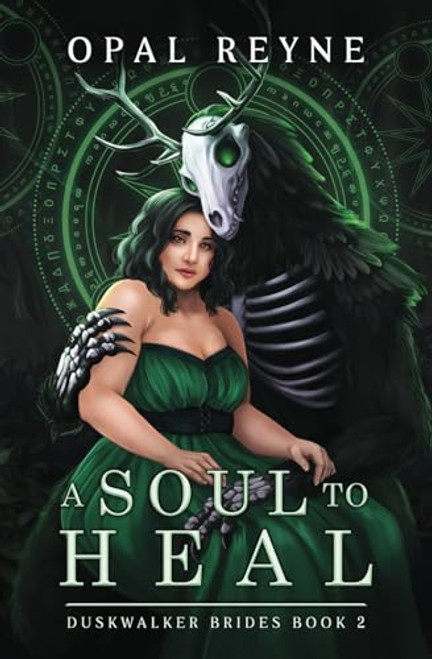James Hirsch recounts one of the great friendships of the twentieth century forged in one of the most horrific settings that century produced--a North Vietnamese POW camp its inmates called the Zoo. One prisoner, Fred Cherry, was a pioneering air force pilot and the first black officer captured by the North Vietnamese. The other, a young navy flier named Porter Halyburton, was a racist southerner who doubted that a black man could even be a pilot. Their captors threw them into the same fetid cell, believing that their antipathy toward each other would break them both. But Cherry and Halyburton overcame their initial suspicions and saved each other's lives.
When Halyburton first saw him, Cherry was a wreck. One arm, damaged in his plane crash, hung uselessly at his side. He hadn't bathed in weeks, and he could barely walk. In his own mind, Cherry was steeling himself for death. Halyburton was also weakening, emotionally battered from the interrogations and isolation that his sheltered life had not prepared him for. He had to learn how to endure, or he would become one of the incoherent wraiths who haunted the Zoo.
Halyburton and Cherry became legendary among fellow POWs for the singular friendship that enabled them to overcome prodigious suffering and unspeakable torture. Hirsch weaves through this account a surprising, sometimes shocking view of the toll these men's captivity took on their loved ones. While Cherry's family was sundered by his absence, Halyburton's bond with his wife, Marty, endured and deepened. We see her receive the news of her husband's death, and we share her mingled elation and fear when she later learns that he is in fact alive and imprisoned. We also witness her unlikely rise to a leading role in the battle to bring the POWs home.
Often inspiring, sometimes heartbreaking, Two Souls Indivisible shows how trust and hope can cheat death, and how good people can achieve greatness in hellish circumstances.
When Halyburton first saw him, Cherry was a wreck. One arm, damaged in his plane crash, hung uselessly at his side. He hadn't bathed in weeks, and he could barely walk. In his own mind, Cherry was steeling himself for death. Halyburton was also weakening, emotionally battered from the interrogations and isolation that his sheltered life had not prepared him for. He had to learn how to endure, or he would become one of the incoherent wraiths who haunted the Zoo.
Halyburton and Cherry became legendary among fellow POWs for the singular friendship that enabled them to overcome prodigious suffering and unspeakable torture. Hirsch weaves through this account a surprising, sometimes shocking view of the toll these men's captivity took on their loved ones. While Cherry's family was sundered by his absence, Halyburton's bond with his wife, Marty, endured and deepened. We see her receive the news of her husband's death, and we share her mingled elation and fear when she later learns that he is in fact alive and imprisoned. We also witness her unlikely rise to a leading role in the battle to bring the POWs home.
Often inspiring, sometimes heartbreaking, Two Souls Indivisible shows how trust and hope can cheat death, and how good people can achieve greatness in hellish circumstances.









![The Light of Egypt; Or, the Science of the Soul and the Stars [Two Volumes in One] The Light of Egypt; Or, the Science of the Soul and the Stars [Two Volumes in One]](https://cdn11.bigcommerce.com/s-rr0pkl7rnl/images/stencil/500x659/products/40313/81364/61gUJcAZZ1L__57815.1706188535.jpg?c=1)
